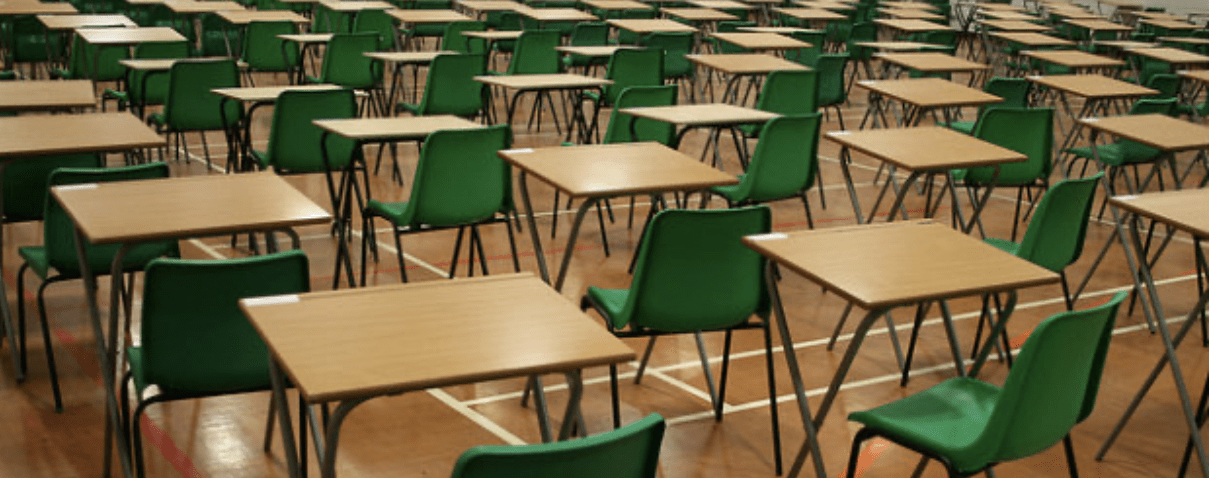Mary Richardson.
At 8am on 13 August, some five months after the coronavirus took hold of our lives in England, a generation of young people waited anxiously for the release of their Advanced (A) Level results. News reporting is always very excitable on this day and online news feeds and social media streams are traditionally filled with images of young people jumping for joy. The 2020 results day has been a more visually muted affair, but that isn’t solely due to the pandemic. The increase in attainment of A and A* grades almost 28%) has been overshadowed by the fact that, due to the way the data has been modelled, two in every five grades were lower than those predicted by the candidates’ teachers and the poorest students are hardest hit.
Earlier this year, I was cautiously optimistic about the enhanced role that teacher judgment would play in this year’s awarding cycle and how it could change our view of the professional work of teachers. Concern about the potential bias involved in teacher judgment has dominated much of the assessment discourse this year, but the public were assured that this was only one part of the awarding process to determine results. However, things began to look very diffferent a week ago in Scotland, when it was found that some 120,000 grades had been moderated downwards by the regulator. A public outcry resulted in a swift u-turn via the First Minister and teacher grades were reinstated.
Education Secretary Gavin Williamson and Schools Minister Nick Gibb were looking anxiously over the border on the afternoon prior to results day in England as they announced their triple lock, or as I like to call it, their “pick ‘n’ mix” approach to selecting A level results in 2020.
How about a (more…)
 Close
Close





